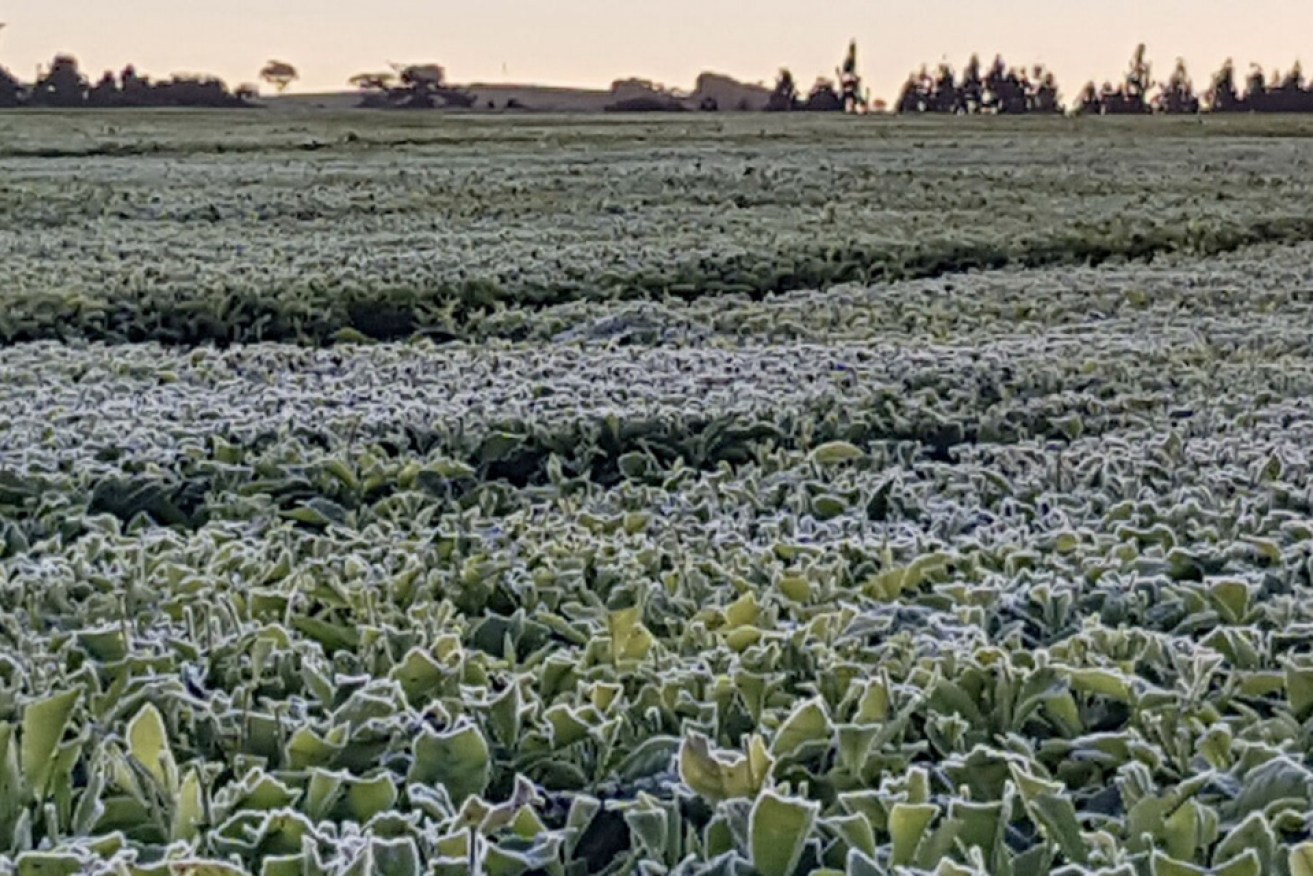Australia’s tea industry under threat as extreme weather wreaks havoc on crops


Frost has threatened the viability of Australia's biggest local tea producer. Photo: Nerada
The viability of Australia’s biggest tea grower is under threat following a year of extreme weather that has decimated crops.
Two severe frosts, followed by a prolonged dry period over the past 12 months, have decimated the Nerada tea plantation in Far North Queensland, wiping out nearly 50 per cent of the black tea yield, the company has revealed.
The harsh weather conditions and resulting crop devastation has cost Nerada – the nation’s biggest tea grower with 360 hectares on the Atherton Tablelands near Cairns – close to $1 million in production losses, the company said.
Nerada is calling on consumers to support the nation’s tea industry by buying locally produced tea.

Extreme weather has cost Nerada nearly $1 million. Photo: Nerada
“Most businesses would look to cut costs as a result. But we continue to stand by our employees, many who have been with us for decades, so that we remain a viable part of the local economy,” Nerada plantation director Tony Poyner said.
“While production has been significantly reduced, we’ve kept everyone on the payroll. The team is still here and the machinery has never looked so sharp.”

Tony Poyner urged tea drinkers to buy Australian-grown tea. Photo: Nerada
With international brands dominating supermarket shelves, Australians can be surprised to learn that local tea producers exist, Mr Poyner said.
‘Highly unusual’ weather affects global food supply
Extreme weather has been wreaking havoc with food and commodity crops across the globe over the past year.
Last month, a Rabobank report said that global weather continues to be “highly unusual”, with drought forcing Australia to import wheat for the first time in more than a decade.
“In the US we have had the wettest planting season on record with record prevent plantings for corn and historically poor conditions that could cut stocks substantially,” Rabobank head of agri commodity markets research Stefan Vogel said.
“In India the monsoon took two weeks longer than usual to reach key sugar areas, Côte d’Ivoire is experiencing dryness that is threatening the main cocoa crop and in Australia we have had a severe drought that has resulted in the first wheat imports since 2007.”
In May, a landmark report by the United Nations Intergovernmental Science-Policy Platform on Biodiversity and Ecosystem Services (IPBES) found that global food security was at risk, with human-induced climate change to blame.
The IPBES Global Assessment painted a picture of a planet in peril, with life on Earth being wiped out at an unprecedented rate.
IPBES chair Robert Watson said the health of ecosystems on which “we and all other species depend” is deteriorating “more rapidly than ever”.
“We are eroding the very foundations of our economies, livelihoods, food security, health and quality of life worldwide,” Sir Watson said.
Urgent action on local and global levels is needed to preserve life on Earth, the report said.
“It is not too late to make a difference, but only if we start now at every level from local to global,” Sir Watson said.
“Through ‘transformative change’, nature can still be conserved, restored and used sustainably.
“By transformative change, we mean a fundamental, system-wide reorganisation across technological, economic and social factors, including paradigms, goals and values.”








